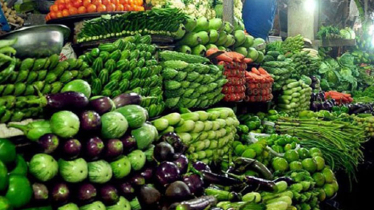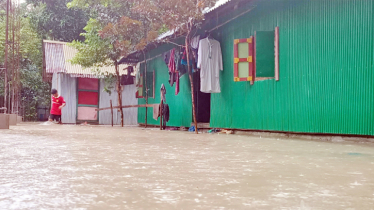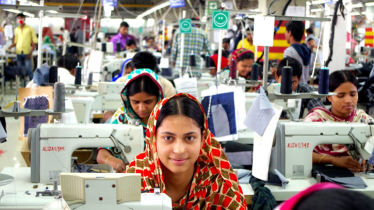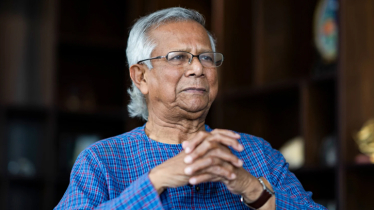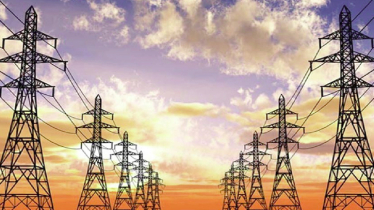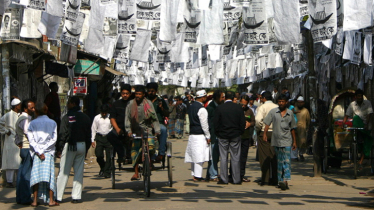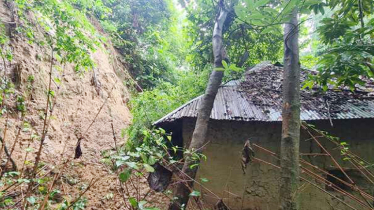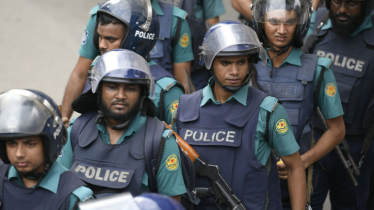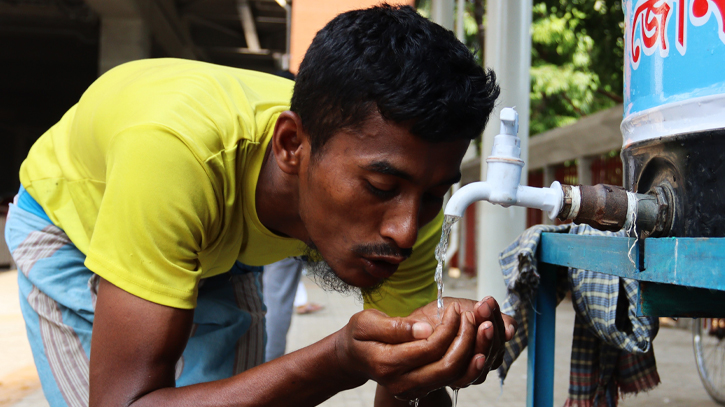
Photo: Messenger
Water is an essential element for sustaining life, yet it has become a rare commodity for many people in the country. While there is no shortage of fresh water in many parts of the country, coastal areas face a severe shortage due to salinity, depriving residents of access to fresh water.
This summer, the drinking water crisis has become particularly severe in the Shyamnagar, Asashuni, Kaliganj, Debhata, Sadar, and Tala upazilas of Satkhira. Women in these areas are spending a significant amount of time collecting drinking water. Those with financial means can buy water, but poorer individuals are forced to drink impure water, leading to various health issues.
The United Nations has recognised water as a human right. However, poor and low-income people in the country's cities and villages face discrimination in accessing clean water. According to a study, about 44 percent of people in the country lack access to clean water. UNICEF and the World Health Organisation report that Bangladesh ranks seventh globally in terms of the number of people without access to clean water.
Safe water is a global issue, but due to a lack of proper planning and implementation in Bangladesh, especially in coastal areas like Satkhira, common people are deprived of water. The water problems in this area are longstanding, primarily due to high salinity levels in the water, a result of its proximity to the Sundarbans. The question remains: Are the state's initiatives to solve this problem adequate?
According to sources, the government has installed 650 PSF (pond water filtering by sand) systems, 15,000 deep tube wells, and 8,000 rainwater harvesters in this district to provide safe water. Despite these efforts, there remains a significant water shortage. This reveals several critical issues.
Although there are water supply systems under government initiatives, these devices are no longer functional due to a lack of oversight by local authorities. This negligence has resulted in a shortage of fresh water. Additionally, the number of water machines is vastly insufficient compared to the district's total population. While the district has many ponds, they are unusable due to garbage pollution.
Many countries around the world have implemented rainwater harvesting systems and conduct government awareness programs to conserve and prevent the wastage of rainwater.
It is the government's responsibility to provide safe water for the people. To solve the water crisis in Satkhira, tubewells should be installed quickly. Additionally, steps should be taken to ensure that supply water sources are clean and healthy. We hope that clean water is guaranteed for all.
Messenger/Disha

